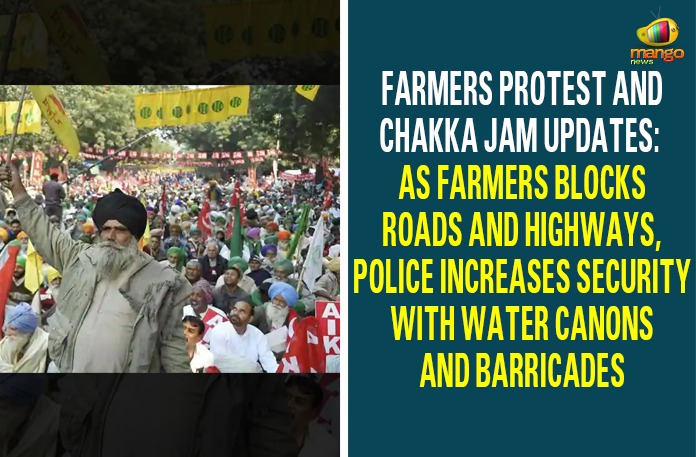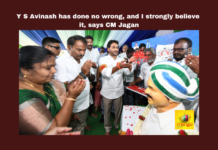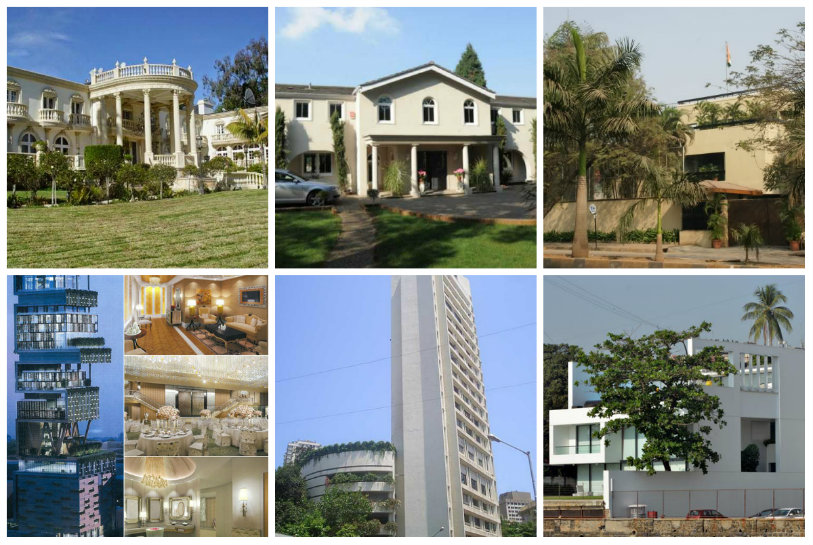On the 6th of February, the protesting farmers called for a nationwide “Chakka Jam.”
Farmers intensified their agitation against the three farm laws and are blocking national and state highways.
Highways across India except Delhi were blocked from 12:00 noon to 3:00 P.M.
Thousands of farmers from Haryana and Punjab, gathered at the three borders of New Delhi since the 25th of November.
Despite several talks with the Union Government, the issue related to the three farm laws has not been resolved.
In order to control the protesting farmers, the Delhi Police beefed up their security at all points in Delhi and other states to avoid any violence.
Protesting farmers who went ahead with blocking roads and highways provided food, water for people stuck in traffic.
In Haryana, farmers made arrangements for food and water for commuters stuck in traffic jams at national highway 44, one of the busiest highways of the country, which caters to around 40,000 vehicles daily.
In Uttar Pradesh, the administration maintained security since farmers’ protest began.
At Ghazipur border, police restricted farm union leader Rakesh Tikait, from keeping flowers near the barricades as thousands of farmers blocked the roads.
Over thousands of farmers including women who are opposing the three farm laws, blocked the Sangrur-Ludhiana, the Sangrur-Bhathinda and the Sangrur-Delhi and the Rohtak-Jind highway
Meanwhile, in Haryana, National Highway 44 was blocked at Kurukshetra, Karnal, and Panipat.
The mega rally was called against the internet ban by the Central Government and Monday’s Union Budget 2021-2022, which the farmers claim ignored their demands. Since the 26th January tractor rally violence, the Central Government suspended internet connection at the Tikri, Singu and Ghazipur borders of New Delhi.
Starting on the 25th of November 2020, the protests at three borders are likely to continue for long. On the 6th of February, the farmers protest entered the 74th day.
The Bharatiya Kisan Union (BKU) leader Rakesh Tikait, leading the agitation said the movement at Delhi’s outskirts could continue till October this year and would be supported by villagers. Many politicians came in support of farmers.
K.C. Venugopal of the Indian National Congress (INC) said, “Farmers are on streets for 71 days, they are struggling. On one hand, govt is ready for talks, while on other hand they are withdrawing water connection, electricity connection. They are harassing farmers, how can a democratic govt act like this?”
All major routes are expected to be blocked not just in the national capital but in India. The kisan unions blocked roads and highways of 33 places in 15 districts of India.
Meanwhile, upon the proposed Chakka Jam, the Union Ministry of Home Affairs, extended the suspension on internet connection till the midnight of the 9th of February.
In addition, the Union Government and the Delhi Police are working hard to control the protestors.
The police tightened the security at the Ghazipur border between Delhi and Uttar Pradesh. So far, 50 people were detained for starting a protest in New Delhi.
The trains were diverted to prevent the farmers from reaching the protest sites in the national Capital from the neighbouring states.
The Delhi Police put up multi layer barricades, spikes on roads, concertina wires and also parked buses sealing the main entry points to prevent the movement of protesters agitating against the Centre’s farm laws.
The three farm laws which were proposed and passed by the Central Government in September 2020 witnessed criticism and protest from farmers.
Farmers across India, especially from Haryana and Punjab are demanding to scrap the three laws.
According to the farmers the three laws: Farmers’ Produce Trade and Commerce (Promotion and Facilitation) Act, 2020; the Farmers Empowerment and Protection) Agreement on Price Assurance and farm Services Act 2020 and the Essential Commodities (Amendment) Act, 2020, would take away Mandi System and Minimum Support Price (MSP) leaving them at the mercy of corporators.
Stay tuned for further updates.



































